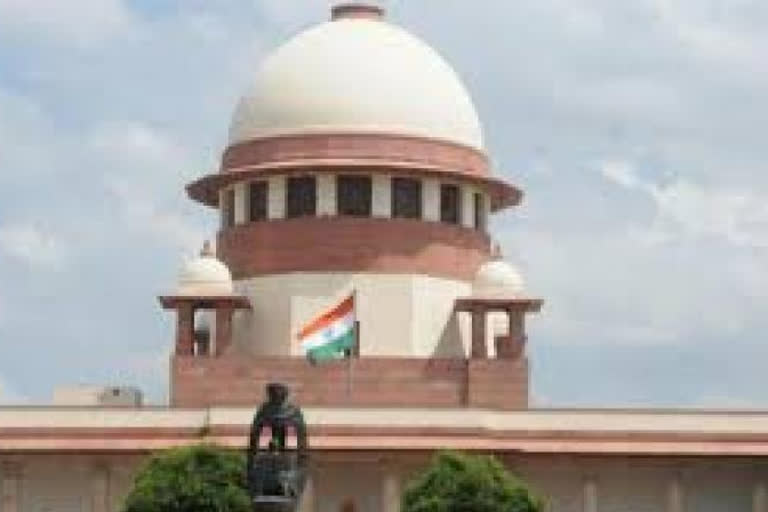New Delhi: The Supreme Court on Friday refused to give an early hearing on a plea that challenged the constitutional validity of the practice of polygamy and ‘nikah halala’ among Muslims in India.
A bench headed by Chief Justice Ranjan Gogoi said that the court was not in a position to set up a Constitution Bench any time soon.
In July last year, the top court had referred the matter to a larger bench to hear a bunch of petitions related to polygamy.
BJP leader and advocate Ashwini Kumar Upadhyay sought early hearing in his plea challenging the practice of polygamy, nikah halala, nikah mutah (temporary marriage among Shias) and nikah misyar (short-term marriage among Sunnis), saying they violated the Constitution’s Articles 14, 15 and 21.
Article 14 guarantees equality before law, Article 15 prohibits discrimination on the grounds of religion, race, caste, sex or place of birth and Article 21 guarantees protection of life and personal liberty.
Saying that though different religious communities were governed by different personal laws, Upadhyay contended that “personal laws must meet the test of constitutional validity and constitutional morality in as much as they cannot be violative of Articles 14, 15, 21”.
Under nikah halala, if a Muslim woman after being divorced by her husband three times at different instances wants to go back to him, she has to marry another person and then divorce the second husband to get re-married to her first husband.
Also Read: Victim has Right to Appeal against acquittal of accused: Supreme Court



